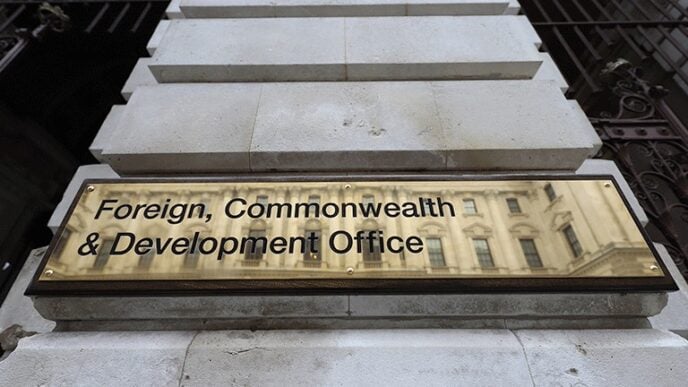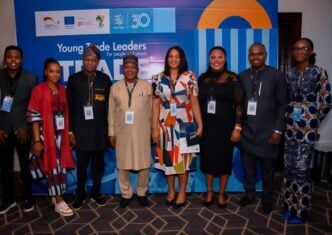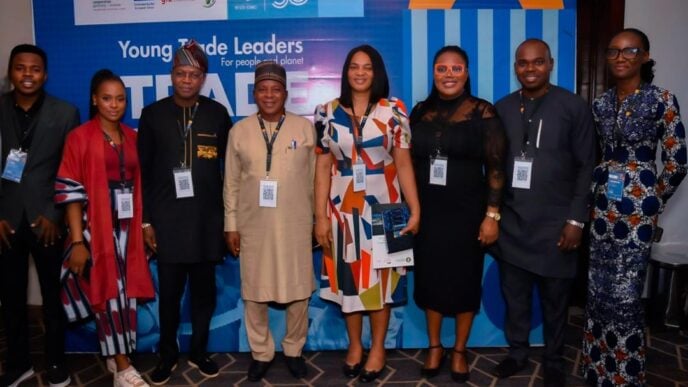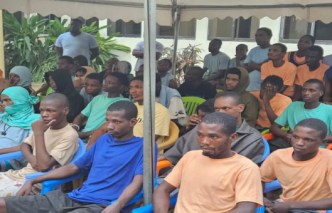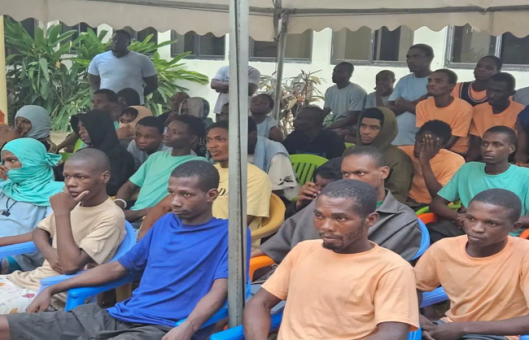BY OLAYEMI ADETORO
Sometime in the early 2000s, Nigeria was still struggling with boosting local demands for catfish due to a myriad of challenges in production, including breeding, mass production of fingerlings, among other tethering issues. But that all changed after a deliberate strategy and implementation to increase local production. One of them happened after the NEPAD Fish for All Summit in August 2005, in Abuja, Nigeria.
In his opening address, Ichiro Nomura, assistant director-general, Fisheries Department of the Food and Agriculture Organization (FAO) of the United Nations, said the summit, which was facilitated by NEPAD, WorldFish, among others, provided “a unique opportunity to assess the present situation of fisheries and aquaculture in Africa, evaluate its trends and, finally, identify at the highest political level, priorities and directions for future action.”
Since that summit, with the right implementation of some recommendations from experts, among other factors such as the transfer of catfish breeding, enabling the mass production of fingerlings, there has been an explosion of catfish production in Nigeria.
Advertisement
Today, Nigeria is not only ranked as the leading aquaculture-producing nation in Sub-Saharan Africa, it is now the world’s largest producer of African catfish with an estimated annual production of 1m tons (in 2021), worth around $2.6 billion, according to the FAO.
“Nigeria has an estimated 285 000 producers of which small-scale farmers represent over 60%”. The catfish value chain itself offers employment to some 1 million people,” Fred Kafeero, the FAO country representative, disclosed this at the launch of the Africa Catfish Value Chain Strategy, (FISH4ACP) in Abuja in June 2023.
Catfish is of the most commercially important freshwater fish species in Africa, and is the most popular fish on the local Nigerian market, with significant trade in smoked fish to neighbouring countries and to the Nigerian diaspora in the Unites States, Europe and the Middle East.
Advertisement
Aside from its economic benefits, the health benefits of eating fish are enormous, and so will improve livelihood of millions both healthwise and economically, especially those in the coastal communities.
Leading aquaculturist and founder, Aquatic Hub Afrique Network, Steve Okeleji, who was at that landmark fish summit 19 years ago, stated that the recently launched National Fisheries and Aquaculture Policy of Nigeria, could have the same ripple effect on increasing fish production and improving the aquaculture sector in Nigeria.
At the National Fisheries and Aquaculture Policy was launched recently at the Validation workshop in Abuja in November 12-13, Adegboyega Oyetola, the minister of marine and blue economy, emphasised that the fisheries policy was a bold and ambitious vision for the future of the country’s marine resources.
“This policy is designed to promote sustainable fisheries management, enhance productivity and profitability within the sector, and improve the livelihoods of fisherfolk and aquaculture farmers. By promoting sustainable fisheries management, boosting aquaculture productivity, and empowering our fisherfolk and aquaculture farmers, we can secure a brighter and more prosperous future for our fisheries and aquaculture industries,” Oyetola stated.
Advertisement
The minister added that the policy will help improve the productivity and profitability of the aquaculture industry through strategic investments in technology, infrastructure, and capacity building.
“Our goal is to position Nigeria as a key player in aquaculture production by advocating for the adoption of modern practices, improving access to financing and markets for aquaculture farmers, and fostering innovation in aquaculture research and development,” Oyetola said at the policy workshop which was organized by the federal ministry, in collaboration with WorldFish and the International Food Policy Research Institute (IFPRI).
Sunil Siriwardena, the country representative for WorldFish, commended the minister for his efforts in improving the fisheries and aquaculture sector in Nigeria, adding that Oyetola has “a very broad understanding and also the deep understanding of the sector.”
According to Siriwardena, the implementation of the fisheries policy will help reduce imports and increase foreign revenue for Nigeria.
Advertisement
“The importance of these two sub-sectors to increase the fish supply so that the imports can be reduced and the valuable foreign currency can be saved. So, minister’s vision in that way is very encouraging and minister has a very good understanding what are the needs are. The minister also assured that this policy will be implemented, which is a very encouraging thing,” he said.
Similarly, Ebinimi Ansa, national president, Fisheries Society of Nigeria (FISON), emphasised that the policy document is vital for not just the growth of the fisheries industry, but Nigeria’s economic development.
Advertisement
Also applauding Oyetola for his commitment and being fully part of the process, Ansa said: “This policy is very important as it will help improve the contribution of the fisheries sector to Nigeria’s GDP. Stakeholders have aired their views and they have validated the policy because they see the value and importance it is going to bring to the fisheries sector and the aquaculture industry.
“I give the minister 100 per cent. He has personally been part of this process and very committed and passionate. Apart from that, he has promised to implement the policy. There is one thing to validate a policy, it is another thing to implement it. And he has given us his word; we believe that he is a man of his word. We have no doubt about that. So, we are really appreciative of his efforts. And we are also here to encourage him through the entire process of the implementation of the policy.”
Advertisement
Anthony Onoja, director, Institute of Agricultural Research & Development (IAR&D) at the University of Port Harcourt, Rivers state, echoed the same views.
Describing the national fisheries policy as a roadmap and the first ever policy of fishery and aquaculture in this country, emphasised that the policy “will benefit the fisheries industry by helping the fish farmers and fisher folks to have support from government and from other public and private organisations to intervene on the relevant framework on the objectives and strategies that have been proposed.”
Advertisement
Onoja, who applauded Oyetola for his dedication and passion in galvanising the development of Nigeria’s marine and blue economy, said this intervention and policy implementation will improve productivity in the fisheries sector, increased income for farmers and livelihood of Nigerians across the fisheries and aquaculture value chain, while creating jobs, opportunities for the youth, women and other vulnerable groups who would like to take into aquaculture or fishing as a way of sustaining their lives.
For many stakeholders, including Okeleji, the minister and the marine and blue economy, are on the right path to ensuring food security for the country.
“He (Oyetola) is doing the right thing as a minister. Him and his team are looking in the right direction and taking the right steps. Never in the history of Nigeria have we had a policy directed towards aquaculture and fisheries directly,” he said.
“Now that he’s a pioneering minister for the Ministry of Marine and Blue Economy, we all have to support him. And the validation of the policy is a great initiative that will also help us have some mileage and be able to also help us attain the food fish sufficiency in Nigeria.”
Like the Fish Summit 19 years ago, also in the federal Capital City, the National Fisheries and Aquaculture validation workshop/Policy, will also contribute significantly towards the sustainable development of fisheries sector and the aquaculture value chain, while creating more jobs, increasing exports and generating foreign revenue for Nigeria.
“We’re not at the table yet. But with collaborative effort of all stakeholders and with well-crafted policy like this, coupled with a strategic, implementation plan in place, I believe that we will be able to increase our fish production in Nigeria and for export too,” he stated.
Add a comment




